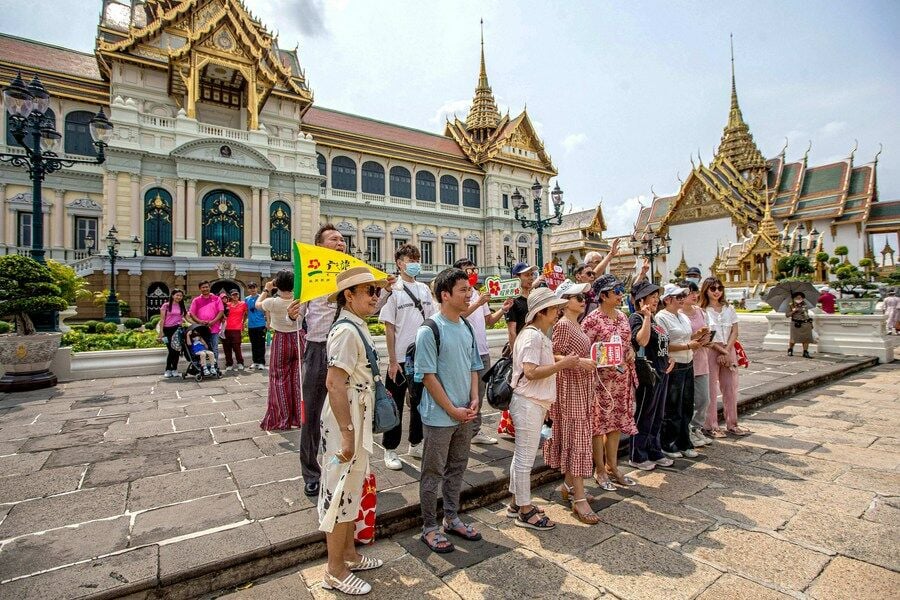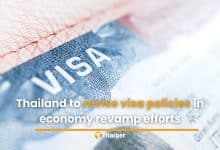Tourism troubles: Zero-dollar tours rock Thai industry

Zero-dollar tours, notorious for their rock-bottom prices, are once again plaguing Thailand’s tourism sector and posing unfair competition for Thai operations, particularly targeting visitors from China, Russia, and India.
The President of the Association of Thai Travel Agents (ATTA), Sisdivachr Cheewarattanaporn, claims that this resurgence is severely impacting the industry due to the substandard quality of tours, leaving legitimate Thai operators struggling to compete.
Sisdivachr highlighted that an increasing number of foreign groups have been setting up tour companies in Thailand, using local nominees to mask their illicit operations. These operators drastically reduce the prices of their tour packages, often to levels that do not cover operational costs, or even offer tours without any upfront fees.
To make up for the financial shortfall, tourists who buy these packages are coerced into purchasing additional services or products at inflated prices from specific shops designed to exploit them.
Sisdivachr further commented on the current tour business climate, noting that he had recently discussed the issue with Prime Minister Srettha Thavisin at a meeting at Government House.
“These practices, once prevalent among inbound Chinese tourists, are now being used to target Russian and Indian markets as well… this is the worst operating environment I’ve encountered in my entire life working in the tour business.”
Driving out competitors
He stated that the price-dumping strategy aims to secure a dominant market share, driving out competitors to eventually monopolise the market and hike prices arbitrarily in the future. This approach differs from hot promotion deals, which are considered legitimate marketing tactics to quickly fill vacancies.
Sisdivachr warned that zero-dollar tours are tarnishing the reputation of Thai tourism, making the country appear cheap and unsafe. Tourists are often physically or verbally pressured into buying unwanted items, further damaging the sector’s image.
Moreover, these illegal operations contribute less to the local economy as they evade taxes and avoid utilising local products and services. Governments, the private sector, and Chinese officials are called upon to collaborate on resolving this issue within a year.
“The longer this kind of business persists, the worse the Thai tourism industry will become.”
Sisdivachr added that many licensed Thai operators have shifted their focus to serving incentive groups or leisure tourists, moving away from volume-based business models. Sisdivachr stressed that merely arresting one or two illegal operators is insufficient.
“The relevant authorities should dismantle the entire network, as each operator typically branches out into at least four or five businesses.”
ATTA, as part of the Federation of Thai Tourism Associations, is planning to meet with Tourism and Sports Minister Sermsak Pongpanit soon to discuss the matter, reported Bangkok Post.
Latest Thailand News
Follow The Thaiger on Google News:


























